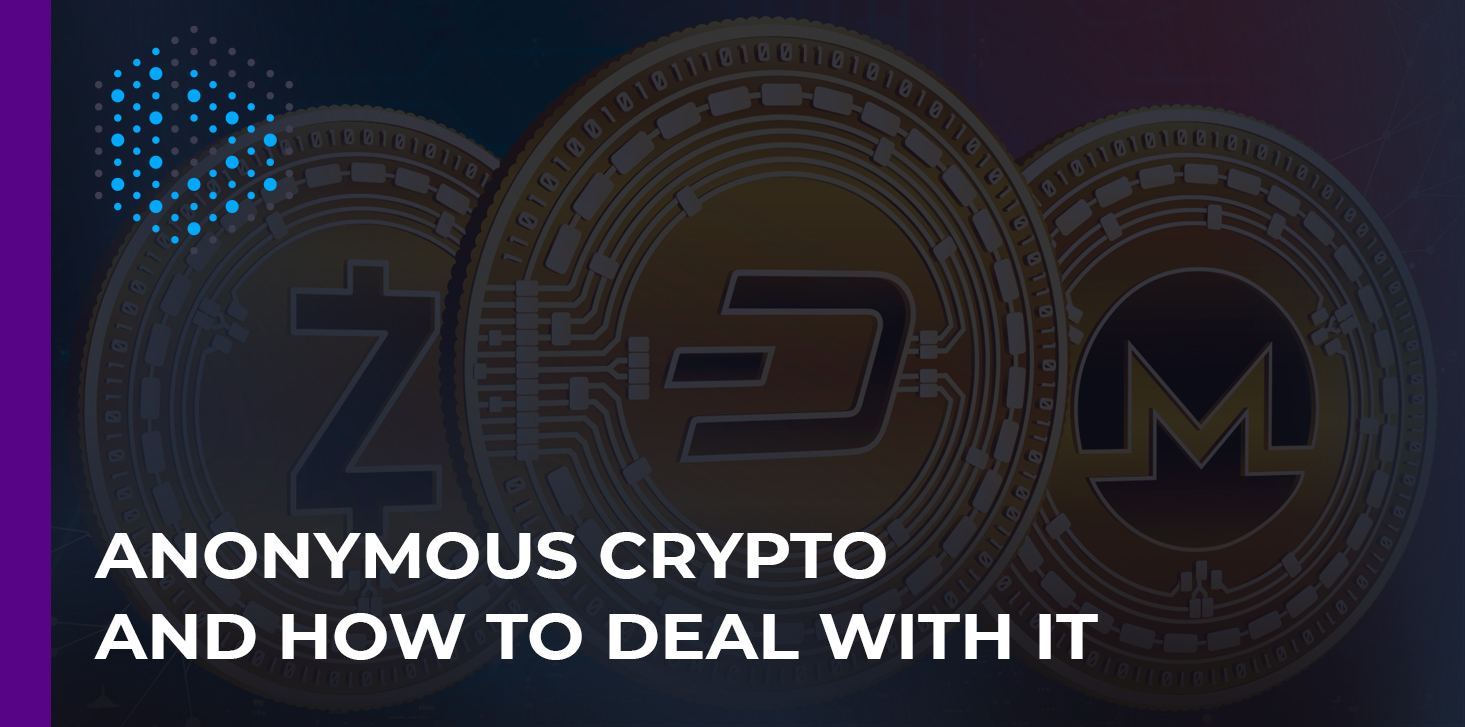The Best Anonymous Cryptocurrencies in 2021
As concerns about privacy and data leaks continue to mount, more and more people are turning to privacy coins to protect their financial transactions from prying eyes.
Anonymous cryptocurrency, and what to do with it
Since Bitcoin uses a public key to secure transactions, it is perceived as private because the key is not associated with any identifiable information. Identifying a person using Bitcoin is not easy, as it is not strictly anonymous. It’s more of a pseudonymous cryptocurrency. In theory, information about a person using Bitcoin can be collected bit by bit over a long period of time, as companies such as Chainalysis and CipherBlade specialize in this type of work.
For those who want a truly anonymous cryptocurrency, there are several options, and some of them, such as Dash, Monero, and Zcash, have already become the standard.
To answer the question of which of these coins is the best, you need to think about what you want to use them for, their level of anonymity (default or optional), and trading liquidity. Liquidity, in particular, will become more important as the number of exchanges removing privacy coins from listing lists increases, as regulators require it.
Monero (XMR)
Launched in 2014, Monero is the number 1 confidential coin by market capitalization and allows private, untraceable, analysis-resistant, and unrelated transactions. By default, Monero is anonymous (for some other coins, private transactions are an optional setting). This is provided by ring-based confidential transactions( RCTs), multi-level linked spontaneous anonymous group signatures (MLSAG) in addition to hidden addresses.
Unlike other popular cryptocurrencies, Monero funds are not linked to your public address. So, if you share your public address with someone, they won’t know how much money you have.
DASH
Created in 2014 and known as XCoin, the asset was relaunched in 2015 as DASH, meaning ” digital money.” DASH is not anonymous by default, instead users should choose to make the transaction anonymous. DASH’s PrivateSend feature provides users with financial privacy by hiding the origin of all funds. DASH does this by using a mixing protocol using an innovative, decentralized network of servers called masternodes.
DASH in your digital wallet consists of disparate “inputs” that serve as separate, inconspicuous coins. DASH splits these transaction inputs into standard denominations, and mixes them with the data of two other people, with your coins never leaving your wallet. The DASH network offers instantly verified transactions with double-send confirmation.
ZCash (ZEC)
Zcash, first launched in 2016, is a fork of Bitcoin. Its privacy features are optional and are achieved using short non-interactive zero-knowledge arguments, also known as zk-SNARK. Zcash users can choose to protect their transactions.
ZEC addresses starting with “t” are transparent, and addresses starting with “z” are anonymous (shielded addresses).
PIVX
PIVX is short for Private Instant Verified Transaction, a fork of the DASH blockchain. PIVX is an open source code with additional anonymity features, called “Shield”. Like many privacy coins, PIVX uses a customized version of zk-SNARKs. Transactions protected by PIVX are virtually instantaneous, and data, including sender and recipient data, as well as the transaction cost, is invisible.
PIVX operates on a proof-of-stake consensus. Like all privacy coins with anonymity as an option, PIVX is designed to be used as a standard transactional cryptocurrency, and has an active program for merchants. In this scenario, PIVX-transparent addresses will be used, and they are available for public viewing.
Grin (GRIN)
Grin (GRIN) is a default privacy coin launched in January 2019 that uses MimbleWimble to hide transaction data. MimbleWimble allows GRIN to delete transaction data without compromising the security or stability of its block chain. GRIN can be mined on a home PC.
